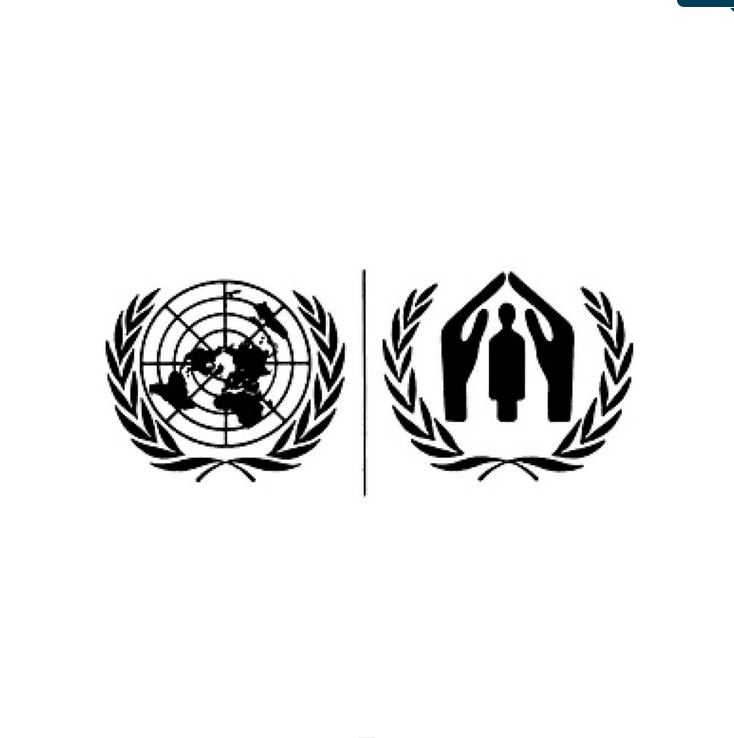Office of the United Nations High Commissioner for Refugees
Speed read
The Office of the United Nations High Commissioner for Refugees (UNHCR) was awarded the Nobel Peace Prize for its efforts to heal the wounds of war by providing help and protection to refugees all over the world.

Full name: Office of the United Nations High Commissioner for Refugees
Native name: Office of the United Nations High Commissioner for Refugees
Founded: 14 December 1950, Geneva, Switzerland
Date awarded: 5 November 1955
First UN agency to be awarded the Nobel Peace Prize
By awarding the Nobel Peace Prize to the UNHCR, the Norwegian Nobel Committee sought to draw worldwide attention to the financial crisis threatening the UN’s refugee relief efforts as a result of insufficient allocation of funds from members. The Committee also wished to enhance awareness of the 1951 UN Convention relating to the Status of Refugees. In the early 1950s, most of the world’s refugees were found in Western Europe and the Middle East. The UNHCR built refugee camps and provided food, clothing, medicine and schooling to their inhabitants. In addition, the organisation helped those who wanted to return to their home countries. Some needed assistance from the UNHCR to emigrate, while others received help in obtaining permanent residency in the countries to which they had fled.
"Until the camps are cleared, until the sick and old have been cared for, until the young people and the children have been educated and trained for a profession or trade, the refugee problem is not solved."
- Gunnar Jahn, Presentation Speech, 10 December 1955.
World refugee situation in 1955
When the UNHCR was awarded the Nobel Peace Prize in the mid-1950s, European refugees stood in the spotlight. They comprised almost half of the 2.2 million people whose plight came under the mission of the organisation. At that time, there were roughly 200 refugee camps in Austria, Greece, Italy and West Germany. Large groups of refugees were also found in Iran, Jordan, Lebanon and Syria. The UNHCR used the prize money to provide housing and employment for refugees of Greek descent who had been forced to flee from Romania to Greece.
"The refugee camps create moderately dissatisfied individuals, in whom the seeds for war agitation can easily be sown."
- Adviser’s report on the UNHCR submitted to the Norwegian Nobel Committee, 1955.
1951 UN convention relating to the status of refugees
The 1951 Convention relating to the Status of Refugees defines a refugee as a person forced to leave his or her home country due to race, religion, political beliefs or nationality. All signatory states to the Convention pledged to provide refugees with identification papers and to refrain from repatriating refugees if they would be endangered by returning home. The Convention further stipulates that refugees should be ensured international legal protection and be granted fundamental rights in their host countries.
"Freedom of decision is the inalienable right of the refugee himself. It is his wish that counts, and the United Nations, within the limits of the Statute, tries to fulfil that wish, no matter what it is – repatriation, resettlement, or integration."
- G. J. van Heuven Goedhart, Nobel Prize lecture, 10 December 1955.
Learn more
Nobel Prizes and laureates
See them all presented here.
